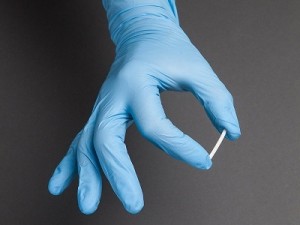
The Food and Drug Administration (FDA) has approved Probuphine, an implant that contains the opioid addiction treatment buprenorphine. The drug has been available in oral form for 14 years, CNBC reports.
Probuphine consists of four small stick-like implants that are inserted in the upper arm, during a doctor’s visit that typically lasts less than 15 minutes. The implant remains in the arm for six months, and is removed by the doctor, the article notes. It will be available only by prescription.
The implants are designed to provide a constant, low-level dose of buprenorphine in patients who are already stable on low-to-moderate doses of other forms of buprenorphine. Probuphine is designed to be part of a complete treatment program, according to the FDA.
In a press release, the FDA said, “Until today, buprenorphine for the treatment of opioid dependence was only approved as a pill or a film placed under the tongue or on the inside of a person’s cheek until it dissolved. While effective, a pill or film may be lost, forgotten or stolen. However, as an implant, Probuphine provides a new treatment option for people in recovery who may value the unique benefits of a six-month implant compared to other forms of buprenorphine, such as the possibility of improved patient convenience from not needing to take medication on a daily basis.”
According to Braeburn Pharmaceuticals, which is licensed to sell Probuphine in North America, about 4,000 doctors have asked to be trained in how to implant and remove the drug. About 28,000 physicians are authorized to prescribe buprenorphine, but only about 6,000 currently write about 90 percent of the prescriptions, according to CNBC.
Photo credit: Braeburn Pharmaceuticals
Published
May 2016
 Get Support
Get Support
